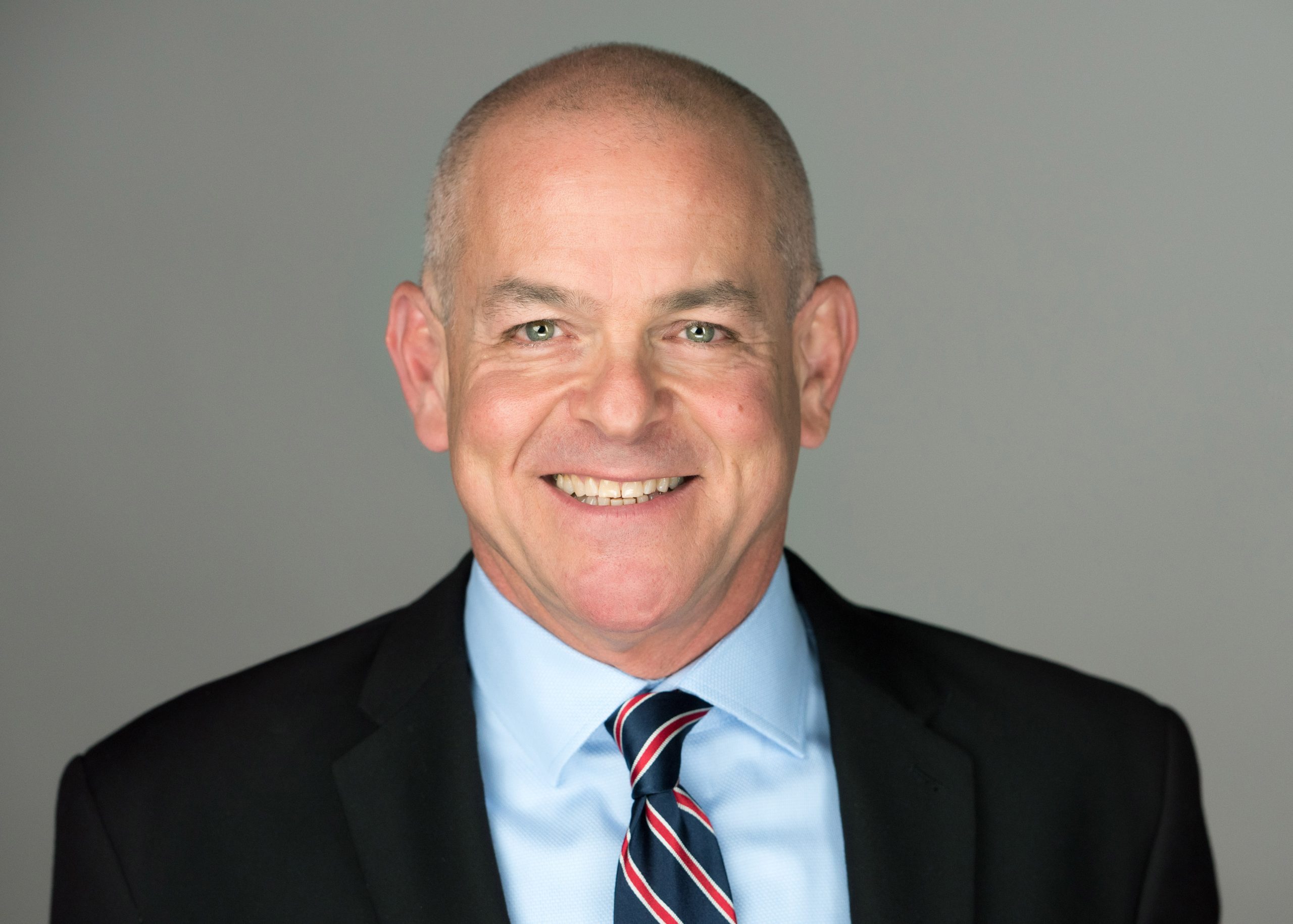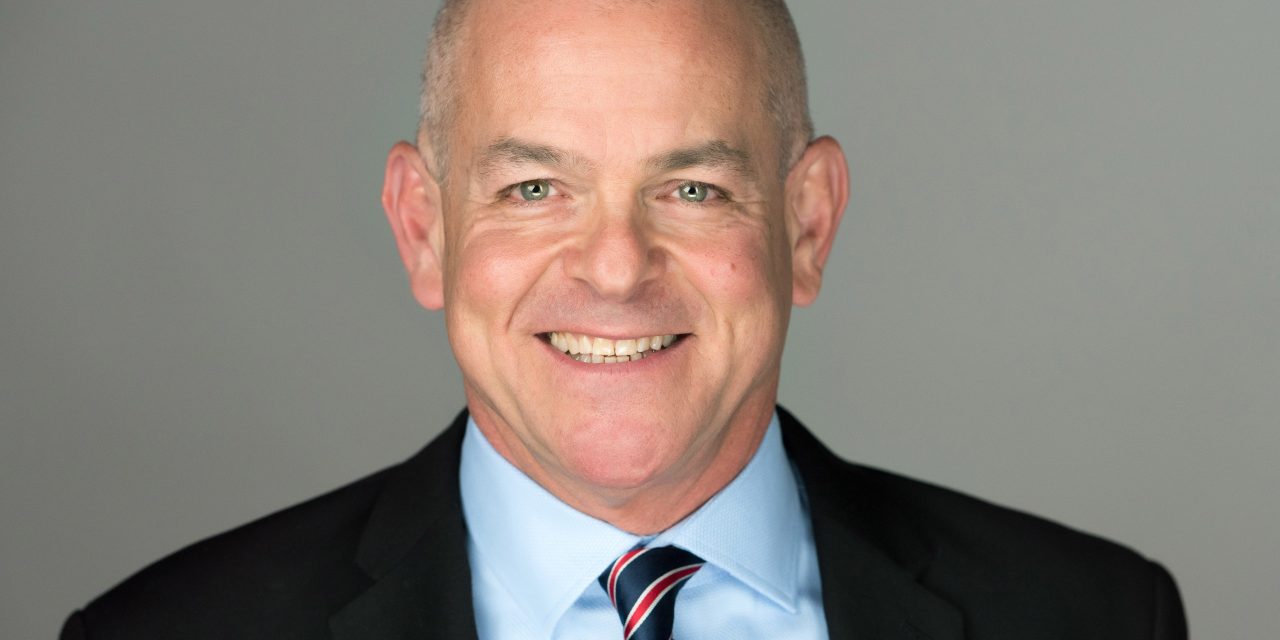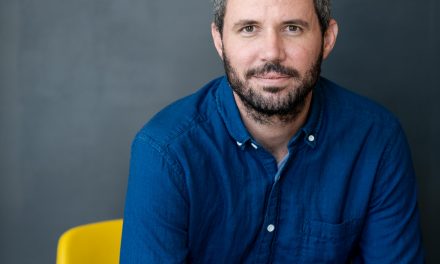
By Michael Liss, Esq.
Thirty-three of the 50 United States have medical cannabis programs. Yet, cannabis remains a Schedule 1 drug, a category shared with heroin, LSD, ecstasy, peyote and Quaaludes (no longer manufactured). These drugs, by federal law, are defined as having no currently accepted medical use and having a high potential for abuse. Cocaine, strong opiates, benzos and all speeds are scheduled less restrictively. This is the current federal legal status of any and all marijuana. As ridiculous as this seems, how patients and their cannabis are treated in a hospital setting are, largely, consistent with federal law.
No Florida hospitals currently allow patients to possess and consume cannabis products during a hospitalization. The fear of a hospital losing accreditation and funding simply places the conversation off of the table for now. However, looking at two items allows for us to see what may be on the horizon regarding hospital patients and cannabis:
Firstly, “Right To Try” legislation has been passed on both the federal and state levels. Florida’s bill was signed in 2015. The notion behind these laws is to allow terminally ill patients access to experimental drugs and/or therapies which have not been approved for general use by either the FDA or DEA, but have completed “Phase 1” trials (early and limited human). Under various state programs, cannabis will soon undergo true medical trials. The Right To Try laws will be used by doctors in “Phase 1” testing.
Florida’s “Right To Try” law is actually written so liberally that one can envision the right patient, right now, being allowed by the right facility to consume some sort of cannabis product in the hospital setting. The law (§499.0295, Florida Statutes “Experimental treatments for terminal conditions”) allows an “eligible” (terminal) patient, who has considered all existing approved options, who provides informed consent “for the use of an investigational drug, biological product, or device” and provides consent to allow terminal patients to try any “Investigational drug, biological product , or device”, which has withstood Phase I testing. Surely that is imminent in Florida, on this basis.
Secondly, there is the Mayo Clinic model. Mayo Clinic operates campuses in Arizona and Minnesota, as well as Florida. Mayo’s campuses in Arizona and Florida, “do not dispense medical marijuana and do not allow its use on campus or in the hospital.” However, at the Minnesota campus, “Minnesota residents with a supply of medical cannabis from the Minnesota Medical Cannabis program may continue use during their Mayo Clinic visit or hospital admission.” Why is this?
Minnesota’s Office of Medical Cannabis (OMC) was directed by a 2014 state law to list all clinical trials utilizing cannabis. First was a clinical trial of cannabidiol (CBD) which led to the first cannabis-derived, DEA/FDA approved medicine, Epediolex. It is now a prescription drug available for medication-resistant seizures. Mayo believes that as long as cannabis is a part of a Minnesota-state listed trial, then its patients should be able to bring their cannabis to a Minnesota Mayo facility and use it.
What I see as possible and a likely next step is application (in Florida) of §381.986(14), titled “Exceptions To Other Laws”, which under subsection (h) states that “a research institute established by a public postsecondary educational institution, such as the H. Lee Moffitt Cancer Center and Research Institute, Inc. … or a state university that has achieved the preeminent state research university designation … may possess, test … marijuana for research purposes as provided by this section.” I predict that UF, its medical school and related hospital will soon conduct clinical trials with marijuana, likely on terminal patients (“Right To Try”). Once a study is underway, then the facilities at which the studies are conducted will allow patients to bring and use their cannabis. This will likely lead other hospitals to use the same formula to allow their most ill patients to bring and use their cannabis. Once hospitals allow certain patients to carry and consume their cannabis in facilities, then the legislature will likely make exceptions to allow more hospitals to allow patients to carry and consume what, for them, is a constitutionally protected medicine, cannabis.
Florida, with its elderly population and quickly-growing medical program, is an ideal candidate to allow human trials. And, the law allows for state schools and other research facilities to do so, without criminal liability. Once these trials take place, and those facilities allow their patients to carry and consume at those facilities, then there will be hospitals and doctors lobbying for permission, as well, and the legislature will likely allow for cannabis patients to carry and consume at most facilities, albeit with too many regulations and unnecessary hurdles (because, Florida).
Let’s look forward to movement on the federal level (such as re-scheduling cannabis to a sane level) and the state level (allowing more research and, expressly, human trials in all cannabis patients). However, in the interim, no Florida hospitals or other medical facilities allow for known, possession, storage or consumption on campus. The Mayo Clinic leads, but only at its Minnesota facilities. We’re a long way off from any sanity in this arena. Let’s hope that solid medical data begins to emerge so that the mainstream begins to accept what we all consider as fact: medical cannabis improves health and saves lives for certain patients. With trials in hand, doctors and hospitals will force reform in the law at both the federal and state levels.
Michael Liss, Esq. can be reached at ml@integritycounselpa.com or (561) 981-2507, located in Boca Raton.










